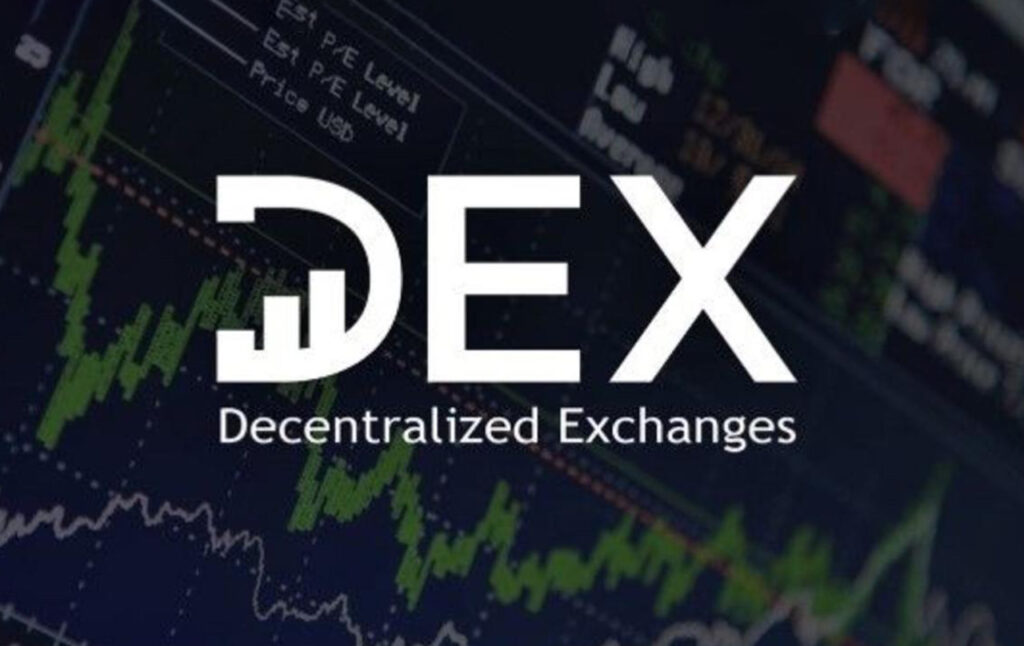What is a Crypto Exchange? Understanding Different Types of Crypto Exchanges
In the world of cryptocurrencies, a crypto exchange plays a crucial role as a platform where users can buy, sell, and trade digital currencies. In this article, we will explore what a crypto exchange is and delve into the different types of crypto exchanges available in the market.
What is a Crypto Exchange?

A crypto exchange, also known as a digital currency exchange, is an online platform that facilitates the exchange of cryptocurrencies for other digital assets or traditional fiat currencies. These exchanges act as intermediaries, providing a marketplace where buyers and sellers can interact and execute their transactions. Crypto exchanges enable users to convert their cryptocurrencies into other digital assets or fiat currencies and vice versa.
Types of Crypto Exchanges
Centralized Exchanges (CEX)
Centralized exchanges are the most common type of crypto exchange. They operate with a centralized authority that controls and manages the exchange. Users on centralized exchanges deposit their funds into their accounts, and the exchange holds and manages those funds on their behalf. Examples of popular centralized exchanges include Binance, Coinbase, and Kraken. Centralized exchanges offer high liquidity, a wide range of trading pairs, and user-friendly interfaces. However, they require users to trust the exchange with the custody of their funds.
Decentralized Exchanges (DEX)

Decentralized exchanges are designed to operate without a central authority or intermediary. They leverage blockchain technology and smart contracts to enable direct peer-to-peer transactions. Users on decentralized exchanges retain control of their funds as they trade directly from their wallets, eliminating the need for a third party to hold their assets. Examples of decentralized exchanges include Uniswap, PancakeSwap, and SushiSwap. DEXs offer greater privacy, transparency, and security, but they may have lower liquidity and limited trading options compared to centralized exchanges.
Hybrid Exchanges
Hybrid exchanges combine elements of both centralized and decentralized exchanges. They aim to provide the benefits of decentralization while offering the liquidity and trading options of centralized exchanges. Hybrid exchanges typically utilize off-chain order books and on-chain settlement to achieve a balance between speed and security. These exchanges allow users to retain control of their funds until the point of trade execution, enhancing security. Examples of hybrid exchanges include Binance DEX and KuCoin.
Peer-to-Peer Exchanges (P2P)
Peer-to-peer exchanges facilitate direct transactions between buyers and sellers without the involvement of an intermediary. These exchanges connect individuals who want to buy or sell cryptocurrencies, allowing them to negotiate and execute trades directly. Peer-to-peer exchanges provide users with more control over the price and terms of their transactions, and they often support various payment methods. Examples of peer-to-peer exchanges include LocalBitcoins and Paxful.
Derivatives Exchanges

Derivatives exchanges specialize in trading cryptocurrency derivatives, such as futures contracts and options. These exchanges enable users to speculate on the price movements of cryptocurrencies without owning the underlying assets. Derivatives exchanges offer features like leverage, allowing traders to amplify their potential profits or losses. Examples of derivatives exchanges include BitMEX, Bybit, and FTX.
Crypto exchanges serve as vital platforms for users to enter and participate in the world of cryptocurrencies. Centralized exchanges offer convenience and liquidity, while decentralized exchanges prioritize user control and security. Hybrid exchanges strike a balance between the two, and peer-to-peer exchanges enable direct transactions between individuals. Derivatives exchanges cater to traders seeking exposure to crypto price movements. Understanding the different types of crypto exchanges empowers individuals to choose the platforms that align with their trading preferences, security requirements, and overall cryptocurrency goals.




